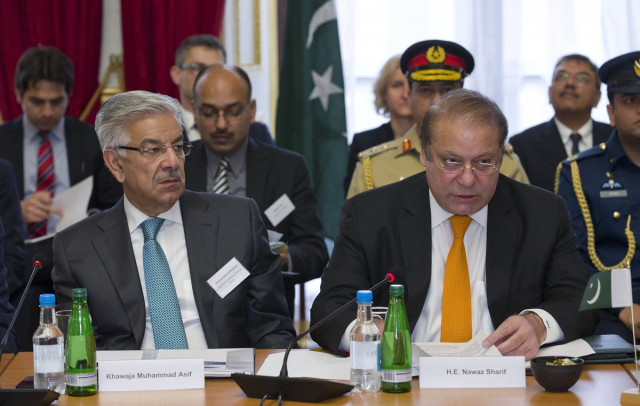Light at the end of the tunnel?
rade agreements and energy deals are easy to sign, but to make them see the light of day is another matter

Light at the end of the tunnel?
The crisis has been a result of decades of corruption, timidity in taking appropriate action against defaulters and laziness in implementing structural reforms. There is no doubt in the investors’ minds that Pakistan offers huge potential, even in the energy sector. There is a reason why billion-dollar agreements have been signed with China, in return for which Pakistan would help its neighbour fight militants in the Western region of Xinjiang. Investors do not put in their hard-earned money somewhere without giving a serious thought to the returns being offered. German Chancellor Angela Merkel has said that her country would like to expand bilateral trade relations and invest in Pakistan’s energy sector, as long as the conditions were right. She was, of course, referring to the need for Pakistan to improve its security situation, which has been another factor in not only a host of projects being cancelled, but driving away any future investors as well. But, the unfortunate part for Pakistan is that, despite its potential, it has failed to sustain any level of momentum when it comes to attracting foreign investment. Trade agreements and energy deals are easy to sign. But, to go through with them and make them see the light of day is another matter. One can add electricity to the national grid, but not without upgrading outdated transmission lines currently incapable of bearing the load. One can lure investors to pump money, but not without improving the security situation.
Published in The Express Tribune, November 15th, 2014.
Like Opinion & Editorial on Facebook, follow @ETOpEd on Twitter to receive all updates on all our daily pieces.














COMMENTS
Comments are moderated and generally will be posted if they are on-topic and not abusive.
For more information, please see our Comments FAQ